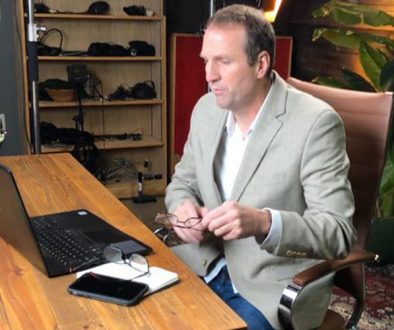Organizing Principles for 21st Century Recovery Services
In my sociology class today we watched the Frontline documentary on heroin. I’m not sure anyone really realizes how intense the situation is with the current addiction epidemic. When you open your eyes and ears to the situation it’s stunning. I think it may be too much for most people to acknowledge. It’s a rock we really don’t want to look under.
What are the organizing principles that guide FAVOR (and other JSG Inc. projects) as we grapple with making a dent in the wall of addiction? Here you go:
We must talk about addiction and recovery openly to reduce the stigma and make help more attractive. We must PROMOTE recovery. Promote open discussion. Make recovery cool. Market recovery. If we can sell a $2 tee-shirt for $50 via creative marketing then we can do better than 10% engagement in recovery.
 We must focus on engagement and retention in a helping relationship. Change takes place in the context of a relationship. The hard-ass “my way or the highway” professional approach needs to be thrown on the trash heap. Kicking people out of services should be rare. It’s wrong. It’s lazy. It’s malpractice. Keep the person engaged. If your a professional you should be held to a higher standard. Do what you want in your personal recovery. But don’t run your professional program like you run your home group. Two different things.
We must focus on engagement and retention in a helping relationship. Change takes place in the context of a relationship. The hard-ass “my way or the highway” professional approach needs to be thrown on the trash heap. Kicking people out of services should be rare. It’s wrong. It’s lazy. It’s malpractice. Keep the person engaged. If your a professional you should be held to a higher standard. Do what you want in your personal recovery. But don’t run your professional program like you run your home group. Two different things.
We must utilize and explore all pathways to recovery. Who cares how or where or why a person gets better. Just get better.
We must engage family and friends in their own recovery process in an aggressive and assertive manner. They deserve emotional support and change in the family frequently leads to change in the addicted individual.

We must advocate and help people find quality residential treatment when appropriate. The key differentiating factor is the ability of the facility to provide or ensure real aftercare and follow through. Think about it. Nearly every program has a psychiatrist, psychologist, licensed counselors, 12 step emphasis, groups, individual, yoga, executive chef, acupuncture etc…All good stuff but literally all the same. So for us the one difference is “can you do aftercare”.
We must push the integration of technology in order to scale services. Thinking in terms of hundreds of thousands new customers per year. The more people who hear the message the better. It’s not easy but it’s possible. If we could bring hundreds of thousands into a recovery conversation. And the community will reach a tipping point. It will become routine to reach out for help.
We need to bring outsiders (business people, those not in recovery or treatment industry) into consultation around solving this problem. Closed industry conferences and meetings where people all preach the message to an already converted choir will yield little creativity.
We need to work tirelessly to get this done and we need to compensate staff accordingly to keep good people in the fight.
The goal is 90% of people needing help will be engaged in help rather than only 10%. In Greenville that’s 36,000 people in addiction getting help rather than 4,000. And another 200,000 family members. In AMERICA that’s 22 million people getting help rather than 2.4 million. That’s the way it should be. A dent in the universe.
It’s worth it. It’s winnable. It’s possible


